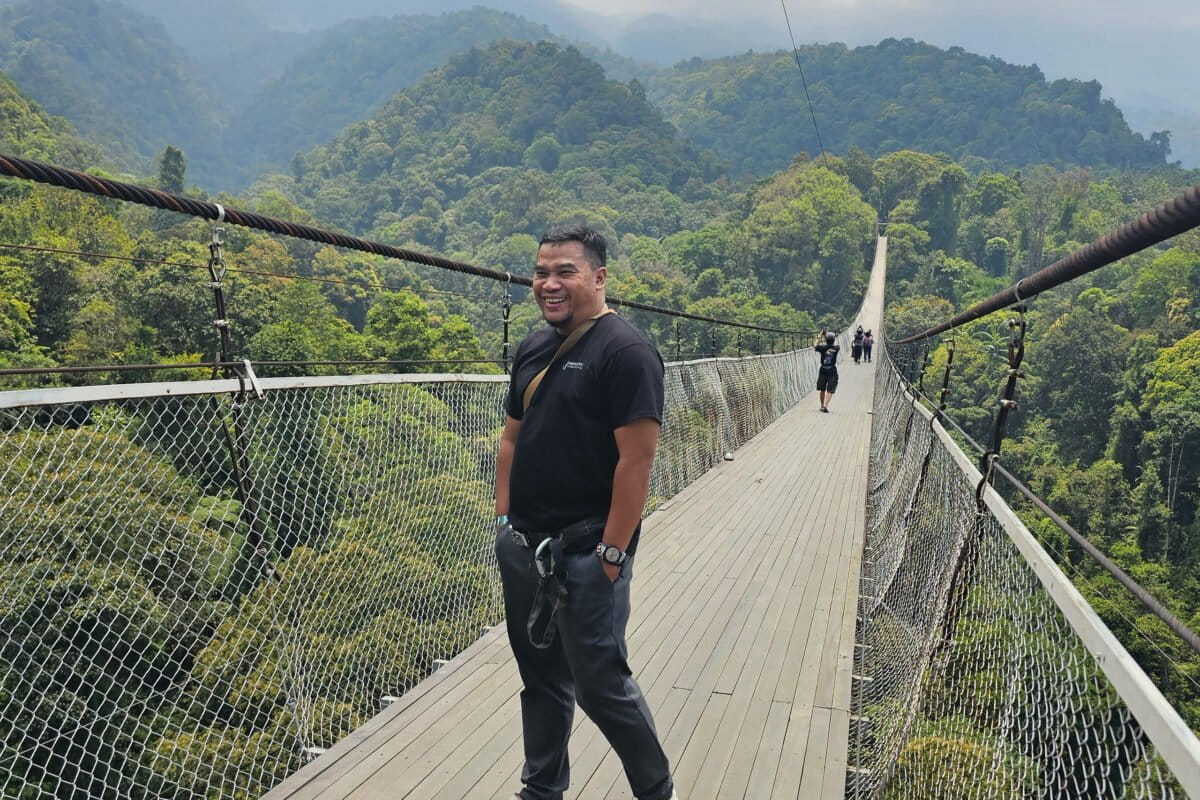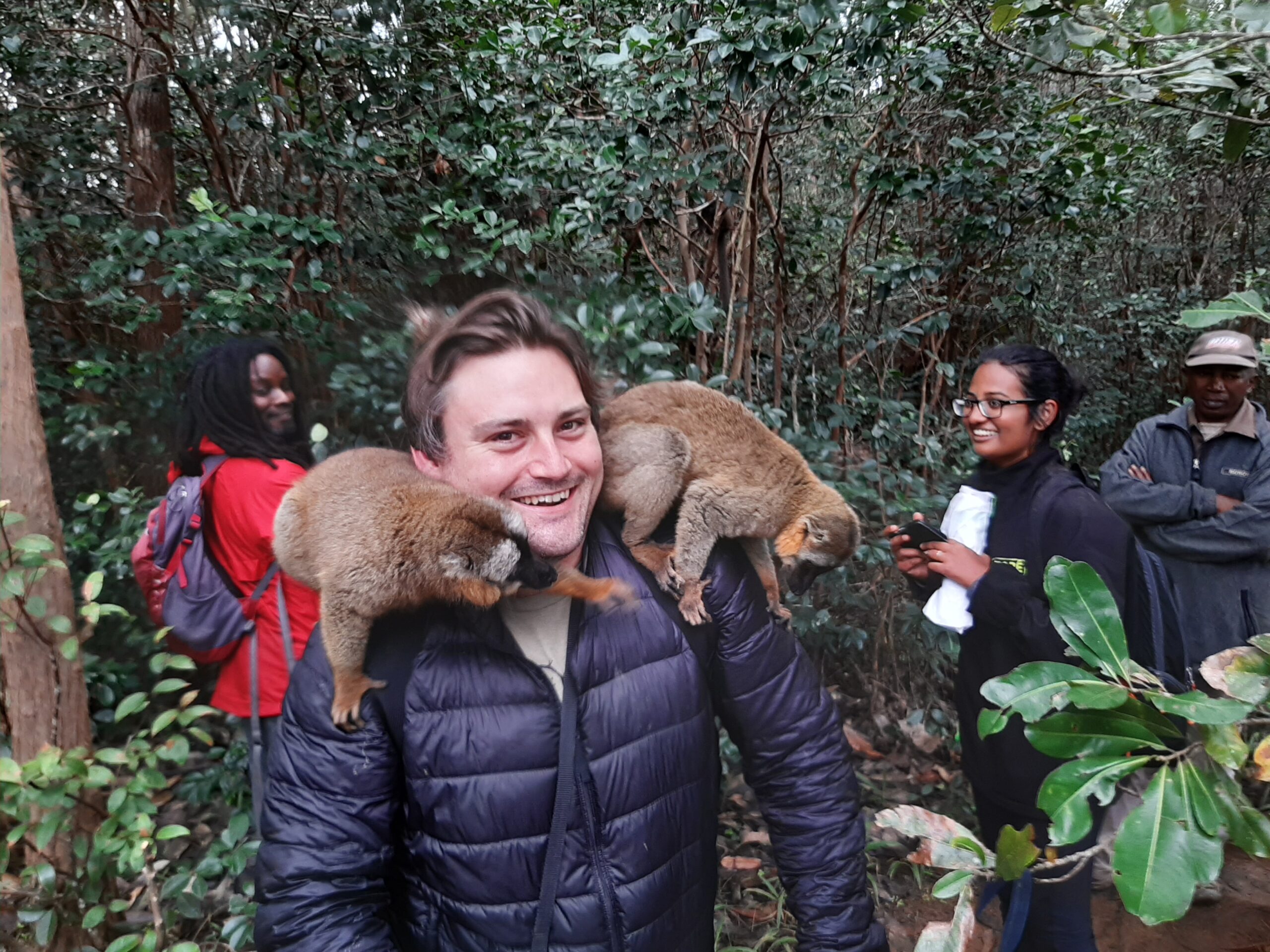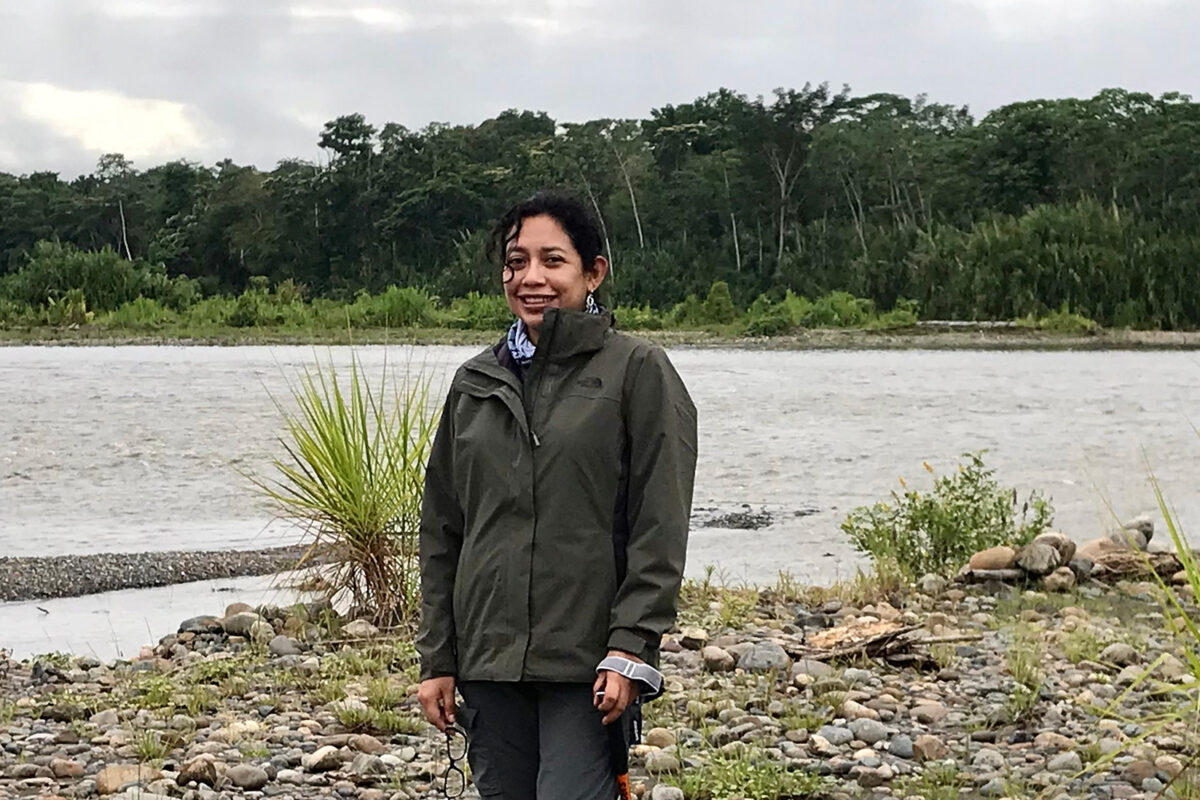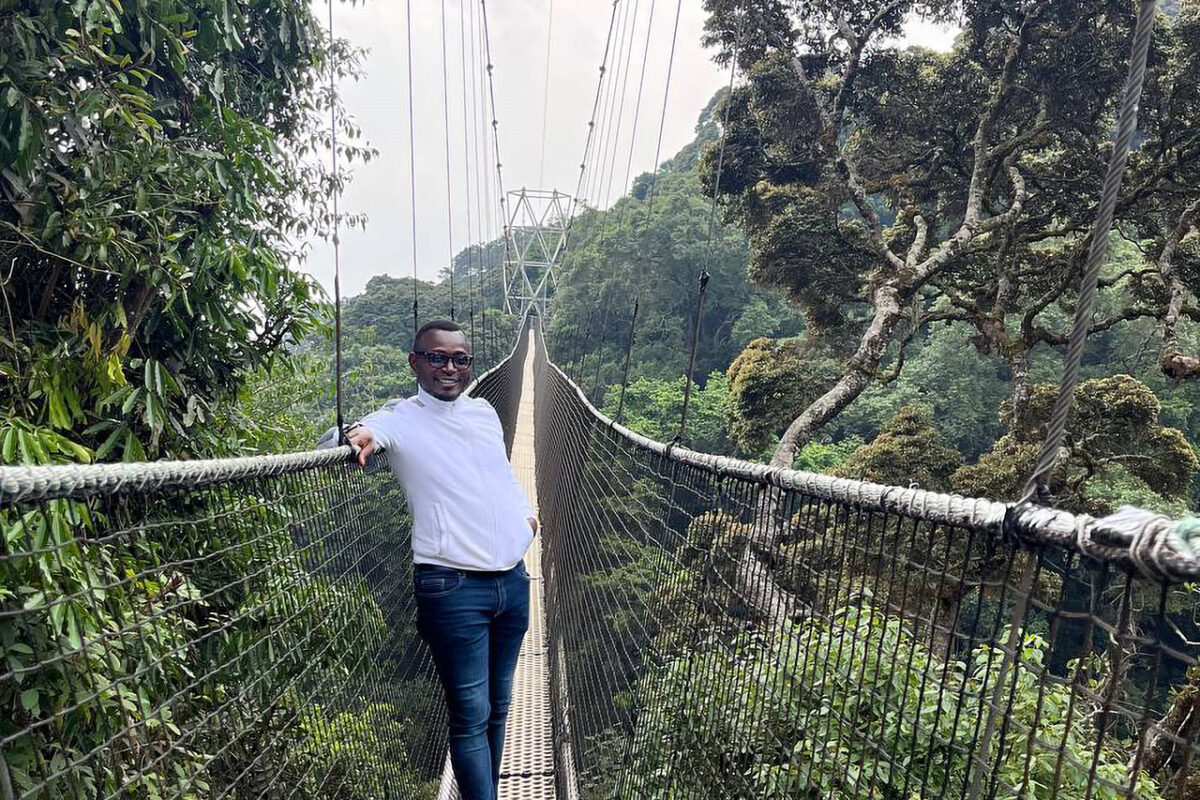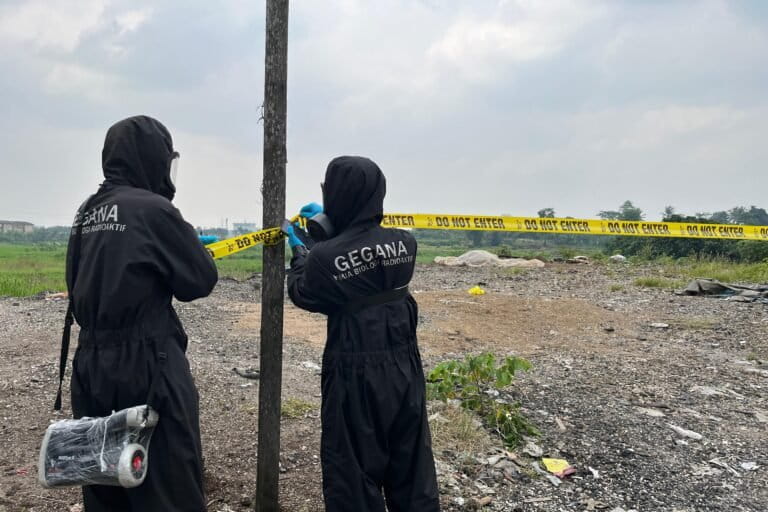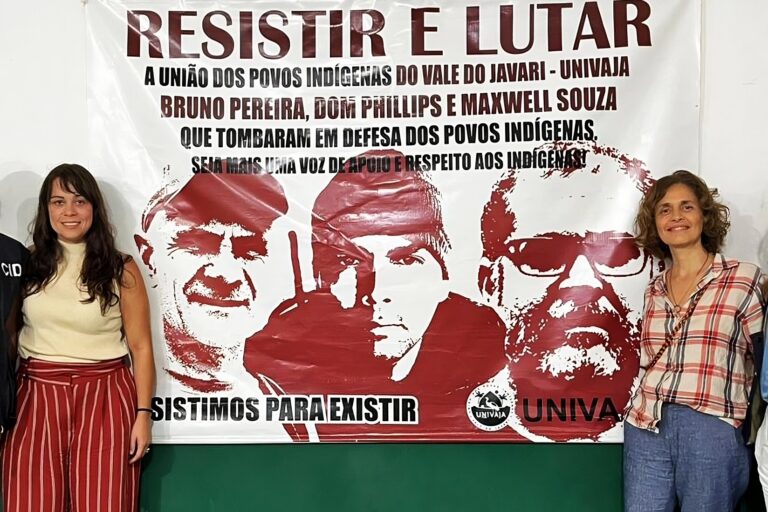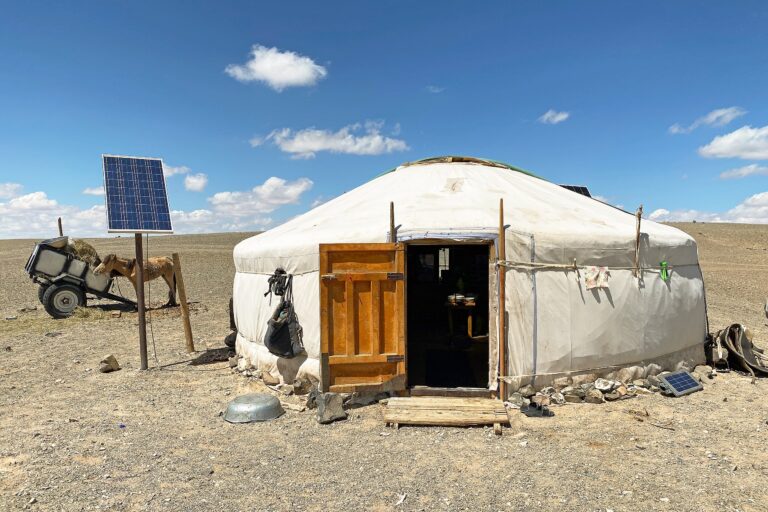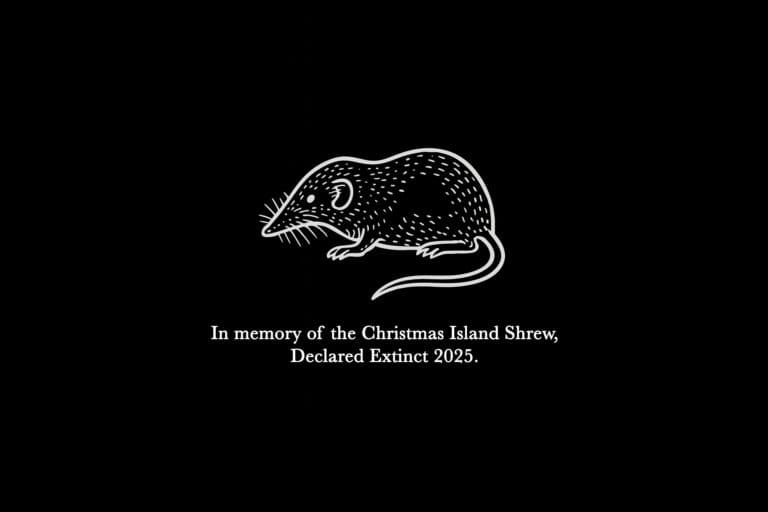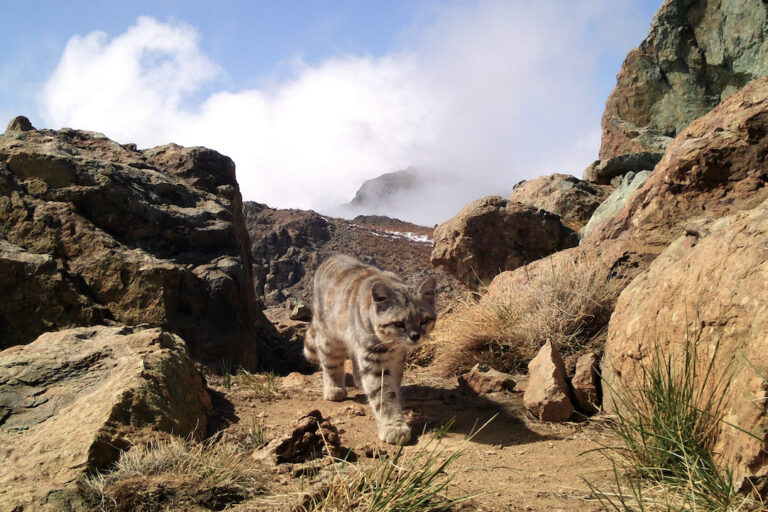- Small island nations offer the world powerful environmental solutions — from “blue” climate finance innovations to marine conservation — but they need the international community to match their ambition with fairness and support.
- Antigua and Barbuda Prime Minister Gaston Browne argues that for Small Island Developing States (SIDS) like his, navigating uncertainty is nothing new, but these days that must be increasingly tempered with fairness, as sea levels rise and marine ecosystems struggle due to a climate crisis that they did little to abet.
- “We face growing inequities, particularly around access to ocean resources and climate finance. Between 2000 and 2023, SIDS suffered more than $30 billion in losses from climate-related disasters, yet we are locked out of concessional financing due to narrow economic metrics. This is not just unsustainable — it is unjust,” he writes.
- This post is a commentary. The views expressed are those of the author, not necessarily of Mongabay.
These are turbulent times for the global economy and multilateralism. Uncertainty lies at every turn, yet for Antigua and Barbuda — and other Small Island Developing States (SIDS) like ours — navigating uncertainty is not new. It is our lived reality.
I have witnessed firsthand how cascading shocks — climate events, market volatility, geopolitical fragmentation — strike our shores harder and faster. But while the world grapples with rising division and fraying international cooperation, small island nations are building stronger bonds and leading by example.
For us, sustainable development is not ideological or aspirational — it is the foundation of our survival and the only viable path to a just, secure future.
Though we represent less than 1% of the global population, SIDS manage nearly 19% of the world’s ocean space. We have emerged as natural leaders in marine stewardship, even as we face the gravest consequences of a crisis we did not cause.
What may be manageable for larger economies can be devastating for us.
My nation, which was devastated by a category 5 hurricane, Irma, in 2017, stands shoulder to shoulder with nations like the Maldives and Tuvalu, which may witness entire islands disappear beneath the waves. Yet the consequences of inaction ripple far beyond our borders, from coastal displacement to food insecurity and economic instability.
And still, we lead.

Despite our vulnerabilities, small islands are driving global solutions. A year ago, Antigua and Barbuda hosted the Fourth International Conference on Small Island Developing States, where we launched the Antigua and Barbuda Agenda for SIDS (ABAS), an ambitious, homegrown road map for resilient prosperity. ABAS reclaims agency over our development paths and outlines clear strategies to build long-term resilience.
In financing, we are pushing the boundaries of what is possible. Our countries are pioneering new approaches that move beyond GDP per capita as the measure of need: the Seychelles issued the world’s first sovereign blue bond, while the Bahamas created the first Blue-Carbon Sovereign Carbon Securities transaction.
And under ABAS, we’ve launched a Debt Sustainability Support Service to address debt burdens proactively through climate pause clauses, reprofiling, and insurance linked to climate shocks. We are also demonstrating how to balance environmental stewardship with economic opportunity, and 10 of the first 21 countries to ratify the High Seas Treaty are SIDS. From Palau’s expansive marine protected areas (MPAs) to debt-for-nature swaps in Barbados, Belize and the Bahamas, we are reshaping the blue economy as a model for renewal, resilience, and long-term prosperity.
Despite our negligible contributions to global emissions, we are investing boldly in renewable energy. Since 2014, renewable energy deployment by SIDS has risen by 150%. With limited resources, we are showing what real climate leadership looks like.

Still, for all our ambition, we face growing inequities, particularly around access to ocean resources and climate finance. Between 2000 and 2023, SIDS suffered more than $30 billion in losses from climate-related disasters, yet we are locked out of concessional financing due to narrow economic metrics. Some of us pay capital costs three times higher than G7 countries, and bond interest rates as high as 12%. This is not just unsustainable — it is unjust.
We cannot confront this alone. As multilateralism strains under competing global pressures, the international system must do more than offer support — it must reform itself. We are not asking for special treatment, but for recognition of our special circumstances.
That means adopting tools like the U.N.’s Multi-Dimensional Vulnerability Index, which better captures the realities of exposure and risk. It means unlocking scaled-up investment in infrastructure, energy and innovation so that SIDS can fully harness the power of sun, wind, wave and geothermal energy.
In these uncertain times, multilateralism must deliver on its promise of fairness, resilience and global solidarity. That is the spirit in which Antigua and Barbuda hosted the world last year. That is the spirit in which we continue to lead — through action, not rhetoric.
We have the tools. We have the vision. And we are not waiting for rescue — we are offering solutions.
But time is not on our side. We need partners who are ready to act with the urgency this moment demands. The future we’re fighting for belongs to all of us.
Let us build it — together.
Gaston Browne is prime minister of Antigua and Barbuda.
Banner image: A view from Saint George on the island of Antigua and Barbuda. Image by docshiznit via Wikimedia Commons.
Related audio from Mongabay’s podcast: A conversation with Wildlife Conservation Network’s Jean-Gaël Collomb who says community-based conservation organizations know best how to tackle the complex conservation challenges, they just need funding, listen here:
Related coverage of a conservation success in Antigua and Barbuda:
From rat-ridden to reserve, Redonda is an island restoration role model



